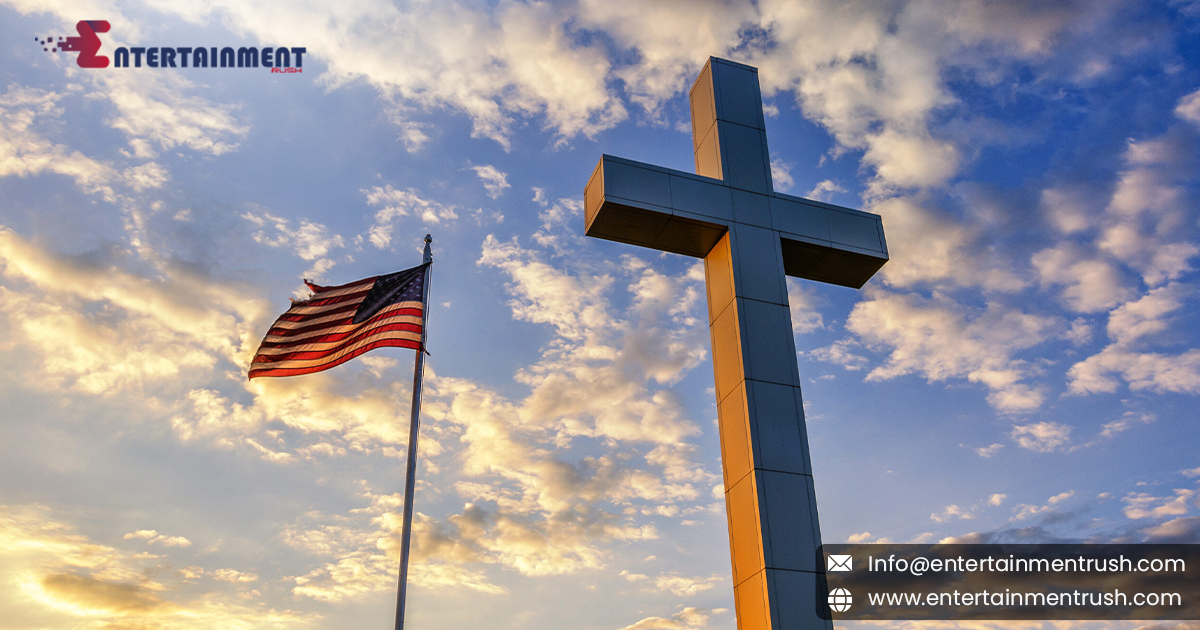Religious freedom stands as a cornerstone of democracy, fostering diversity, tolerance, and individual expression. In the United States, the protection of religious liberty is enshrined in the First Amendment of the Constitution, reflecting the nation’s commitment to upholding this fundamental human right. In this exploration, we delve into the importance of religious freedom, examining its historical significance, legal framework, and contemporary challenges in the USA.
Historical Foundations:
From the earliest days of colonization, religious freedom has played a pivotal role in shaping the American identity. Pilgrims seeking refuge from religious persecution in Europe established colonies where they could practice their faith without fear of reprisal. The concept of religious liberty found formal expression in documents such as the Virginia Statute for Religious Freedom, penned by Thomas Jefferson in 1786, and later in the First Amendment to the US Constitution, which prohibits the government from establishing a state religion or interfering with the free exercise of religion.
Legal Framework:
The protection of religious freedom in the USA is grounded in a robust legal framework that encompasses constitutional provisions, statutory law, and judicial precedent. The First Amendment’s Establishment Clause prohibits the government from endorsing or favoring any particular religion, while its Free Exercise Clause safeguards individuals’ right to practice their faith freely. Over the years, landmark Supreme Court decisions, such as Reynolds v. United States (1878) and Employment Division v. Smith (1990), have helped define the parameters of religious liberty, balancing individual rights with compelling government interests.
Contemporary Challenges:
Despite its constitutional protections, religious freedom in the USA faces a myriad of contemporary challenges. One such challenge involves conflicts between religious beliefs and anti-discrimination laws, particularly in cases involving LGBTQ+ rights and religiously affiliated businesses or organizations. The tension between religious freedom and public health measures, as evidenced during the COVID-19 pandemic, has also sparked debate over the scope of government authority to restrict religious gatherings in the interest of public safety.
Preserving Religious Freedom:
Preserving the vitality of religious freedom requires a multifaceted approach that balances competing interests while upholding core constitutional principles. Education and public awareness efforts can help foster greater understanding and respect for religious diversity, promoting dialogue and cooperation across religious lines. Legal advocacy plays a crucial role in defending individuals and groups whose religious liberty rights may be threatened or infringed upon. Moreover, policymakers must engage in thoughtful deliberation to craft laws and policies that accommodate religious beliefs while respecting the rights of all citizens. Religious freedom stands as a bedrock principle of American democracy, embodying the nation’s commitment to pluralism, tolerance, and individual autonomy. By understanding its historical roots, legal framework, and contemporary challenges, we can better appreciate the significance of religious freedom in the USA and work towards its preservation for future generations. In upholding this fundamental human right, we honor the diverse tapestry of beliefs that enriches the fabric of American society and reinforces the values of freedom and justice for all.
